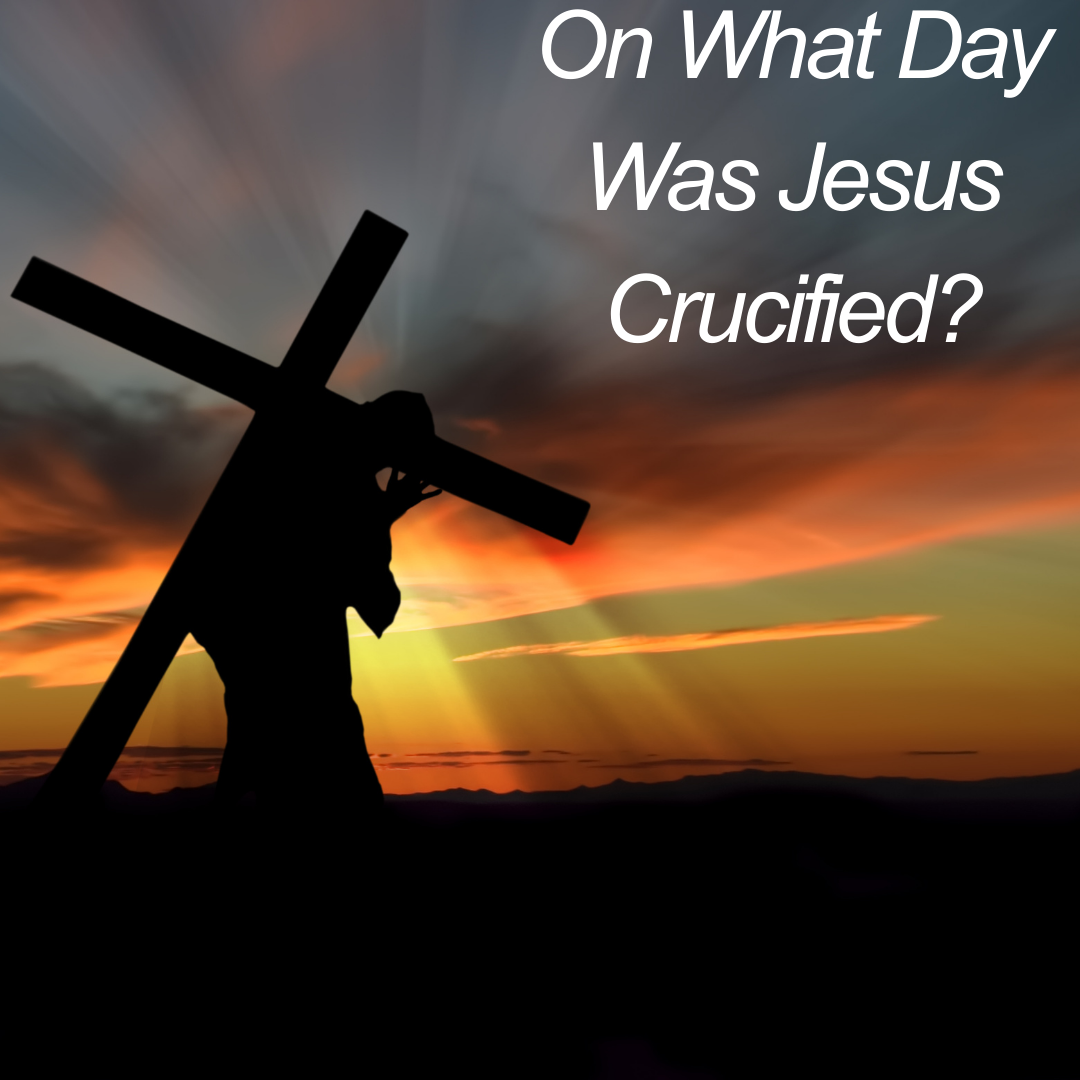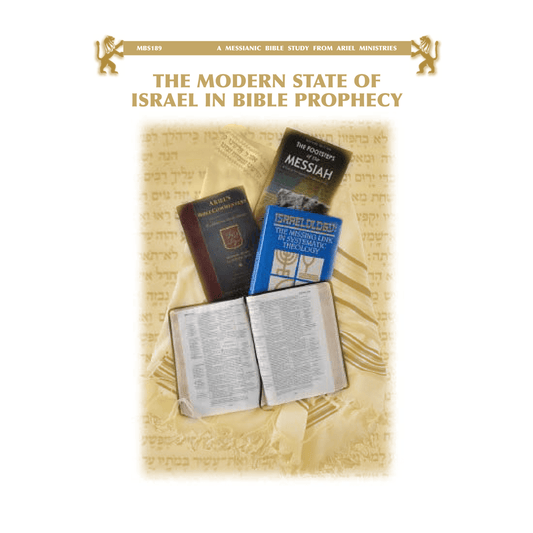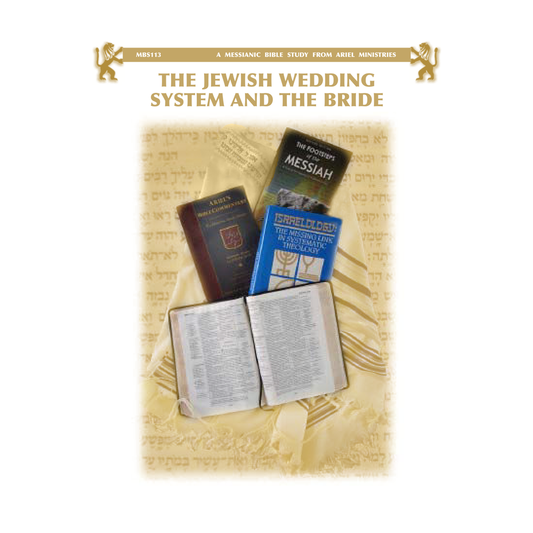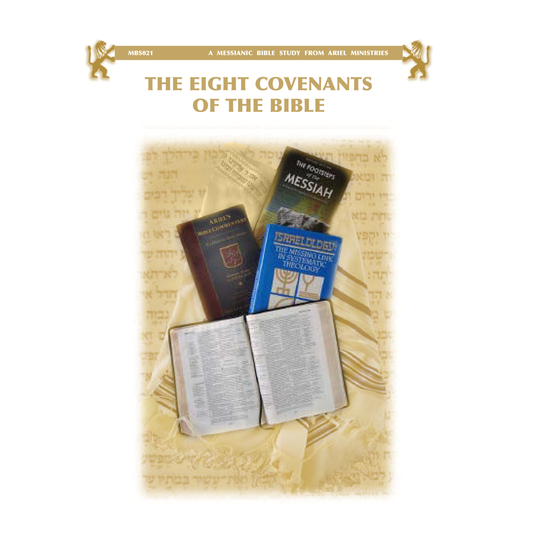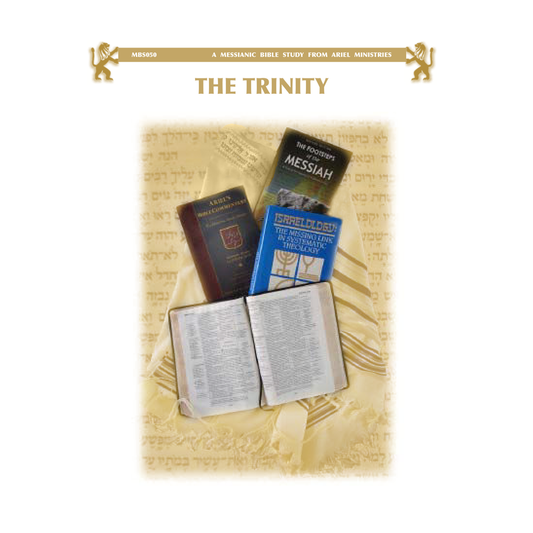Full Question: We are confused as to which day Jesus was crucified; some say it was a Wednesday or Thursday while others say it’s Friday? Which day is it?
Answer
Some who do not understand the Jewish reckoning of time incorrectly conclude that the crucifixion occurred on a Tuesday, Wednesday, or Thursday. The Gospels, however, clearly indicate that Yeshua was killed on a Friday and placed in the tomb before sundown. The term Sabbath need not be interpreted other than normally, which is from sundown Friday until sundown Saturday. Scripture emphasizes this, and John 19:31, Mark 15:42, Luke 23:54, and Matthew 27:62 clarify that Yeshua died around three o’clock on Friday afternoon. He was then placed in the tomb before the Sabbath began, which, by Jewish reckoning, was when three stars appeared in the night sky.
Besides the Gospels, ancient Jewish records such as the Talmud confirm that the day the Messiah died was a Friday during Passover:
On the eve of the Passover Yeshu was hanged. For forty days before the execution took place, a herald went forth and cried, ‘He is going forth to be stoned because he has practiced sorcery and enticed Israel to apostasy. Anyone who can say anything in his favor, let him come forward and plead on his behalf.’ But since nothing was brought forward in his favor he was hanged on the eve of the Passover! . . . A Florentine Ms. adds: and the eve of Sabbath. (b. Sanhedrin 43a; p. 281, n. (7).)
This Talmudic quote refers to Yeshua’s trial and execution, and the Florentine manuscript mentions twice that He was executed on the eve of the Sabbath, which is Friday. Furthermore, twice it mentions that it was at the Passover, which is why John stated that the Sabbath was a high Sabbath: The Jews therefore, because it was the Preparation, that the bodies should not remain on the cross upon the Sabbath (for the day of that Sabbath was a high <day>), asked of Pilate that their legs might be broken, and <that> they might be taken away (Jn. 19:31).
Finally, the Talmudic quote reveals the exact charge against Yeshua, claiming that He practiced sorcery and seduced Israel and estranged them from their God. This reflects what occurred when Yeshua was officially rejected on the grounds of being demonized (Mt. 12). Interestingly, the rabbis of this period never denied that He performed real miracles. In this particular quote, they admit that He did.
Still, the main import of this quote is that Yeshua died on a Friday before the Sabbath, and during the week of the Passover and the Feast of Unleavened Bread. Teaching that His death occurred on a Tuesday, Wednesday, or Thursday violates the clear statements of the Gospels and also other historical documents.
Arnold G Fruchtenbaum, Ariel’s Yeshua: Life of Messiah from a Messianic Jewish Perspective – The Abridged version (San Antonio, TX: Ariel Ministries, 2019), pp. 672-673.


